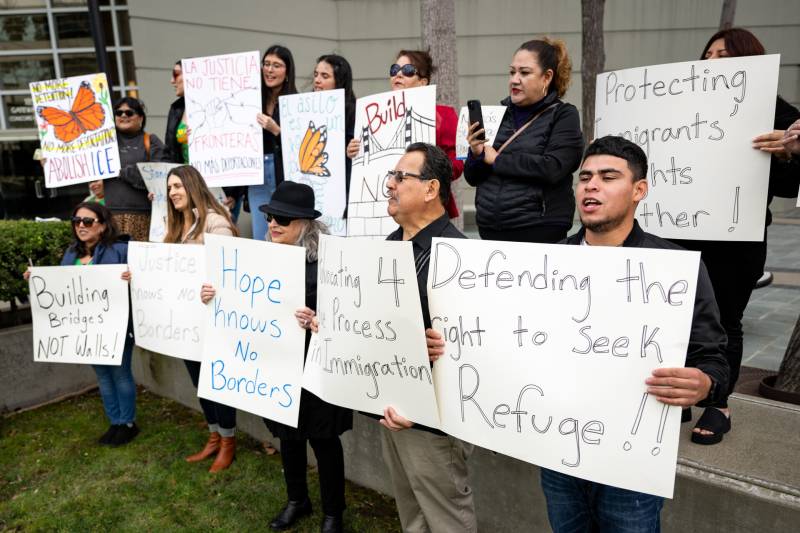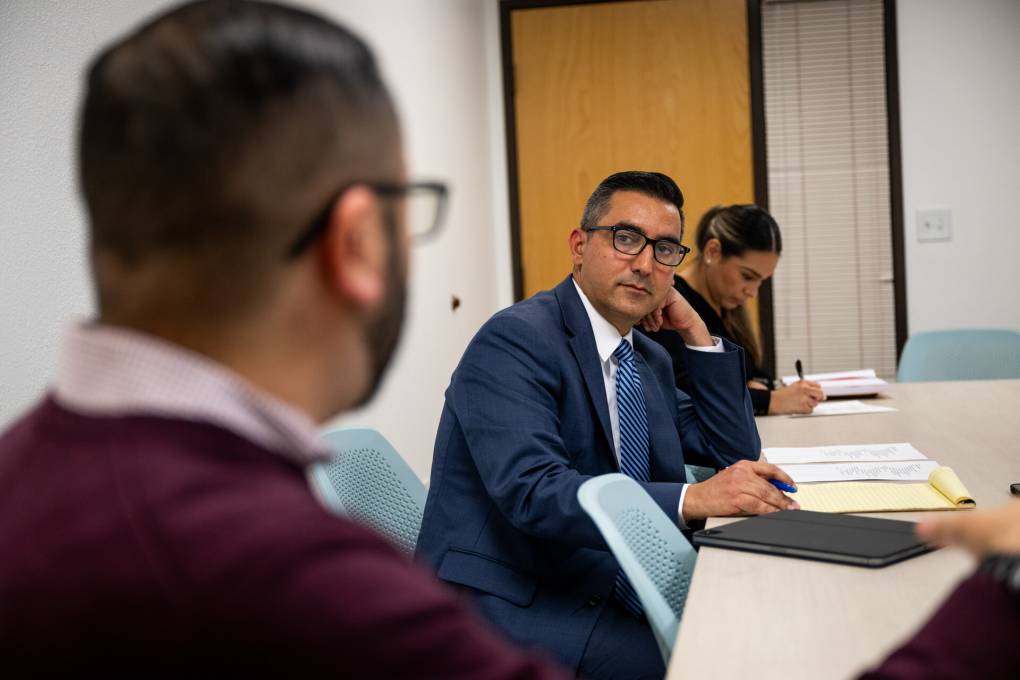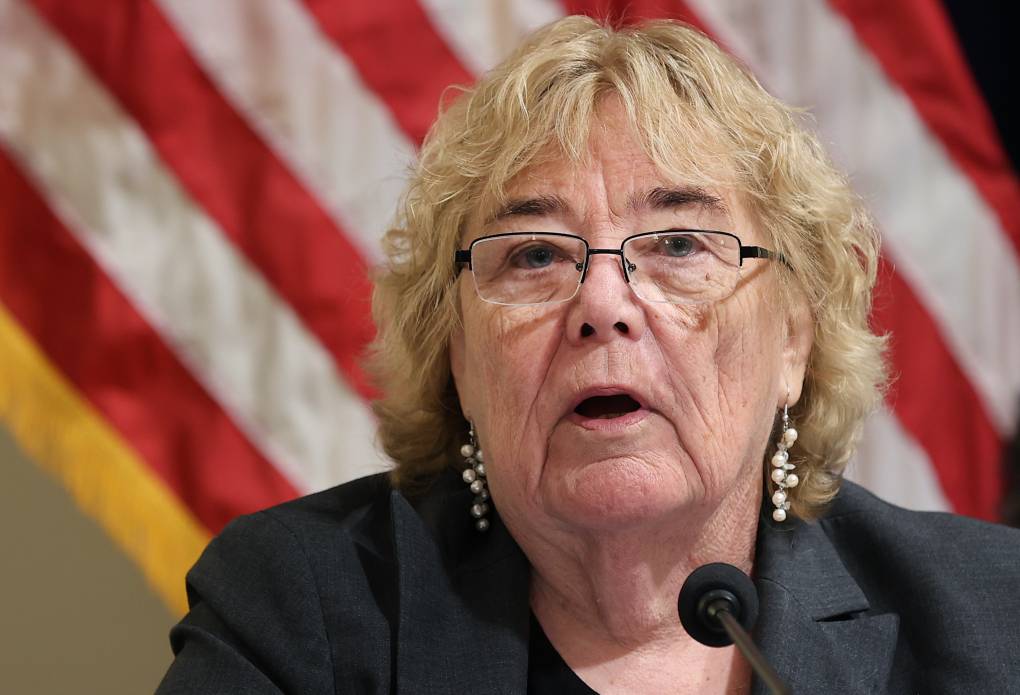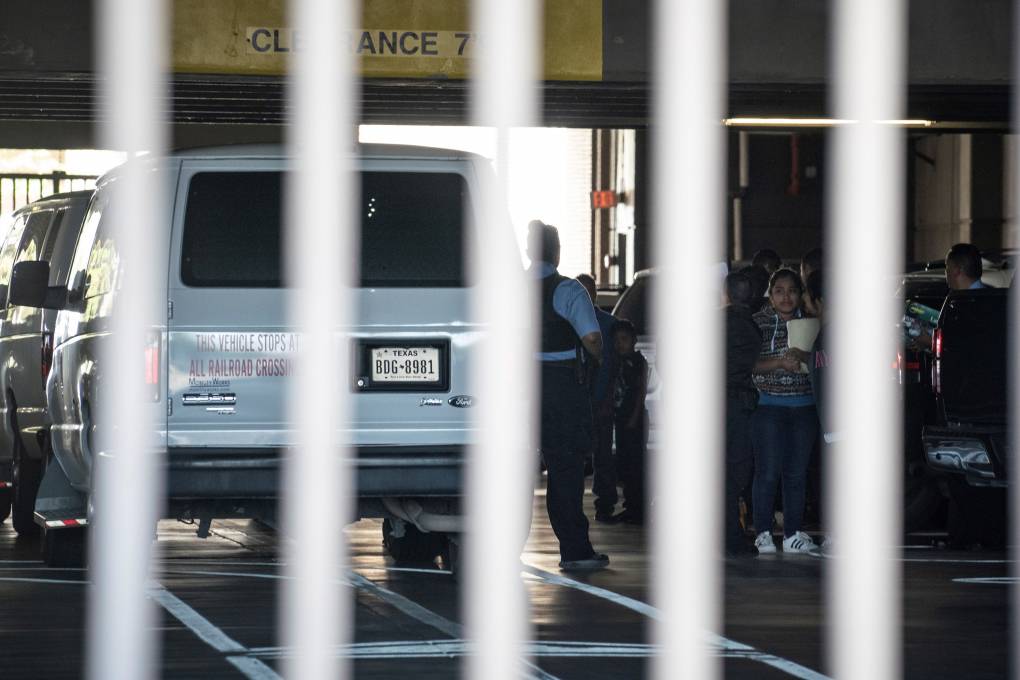Since Biden was elected, EOIR, which is part of the U.S. Department of Justice, has added six new immigration courts (PDF) and more than 300 judges (PDF) across the country, building on an expansion that began as immigration enforcement ballooned under the Trump administration.
The new Concord court is slated to have 21 new judges, nearly doubling the capacity in the Bay Area to hear deportation cases, including asylum claims. Until now, the 27 judges in San Francisco’s court, with help from a smaller court in Sacramento, have handled all immigration cases from Bakersfield, California, to the Oregon border. With 160,000 pending cases, each case takes more than three and a half years to complete, on average.
Even though caseloads have grown, the nation’s 734 immigration judges are closing nearly a third more cases on average than at the end of the Obama years, according to a data analysis by the Transactional Records Access Clearinghouse at Syracuse University. But the judges’ speed is outmatched by the raw numbers of new migrants applying for asylum.
Analysts with the Congressional Research Service found last year that the number of judges nationally would need to double, and it would still take eight years to clear the backlog.
Retired San Francisco immigration judge Dana Leigh Marks said each judge also needs a courtroom, legal and administrative staff support, language interpreters and functioning computer systems. And staffing up can take months. Yet the new budget cuts to the bone, she said, at a time when the credibility of the nation’s immigration system is at stake.



